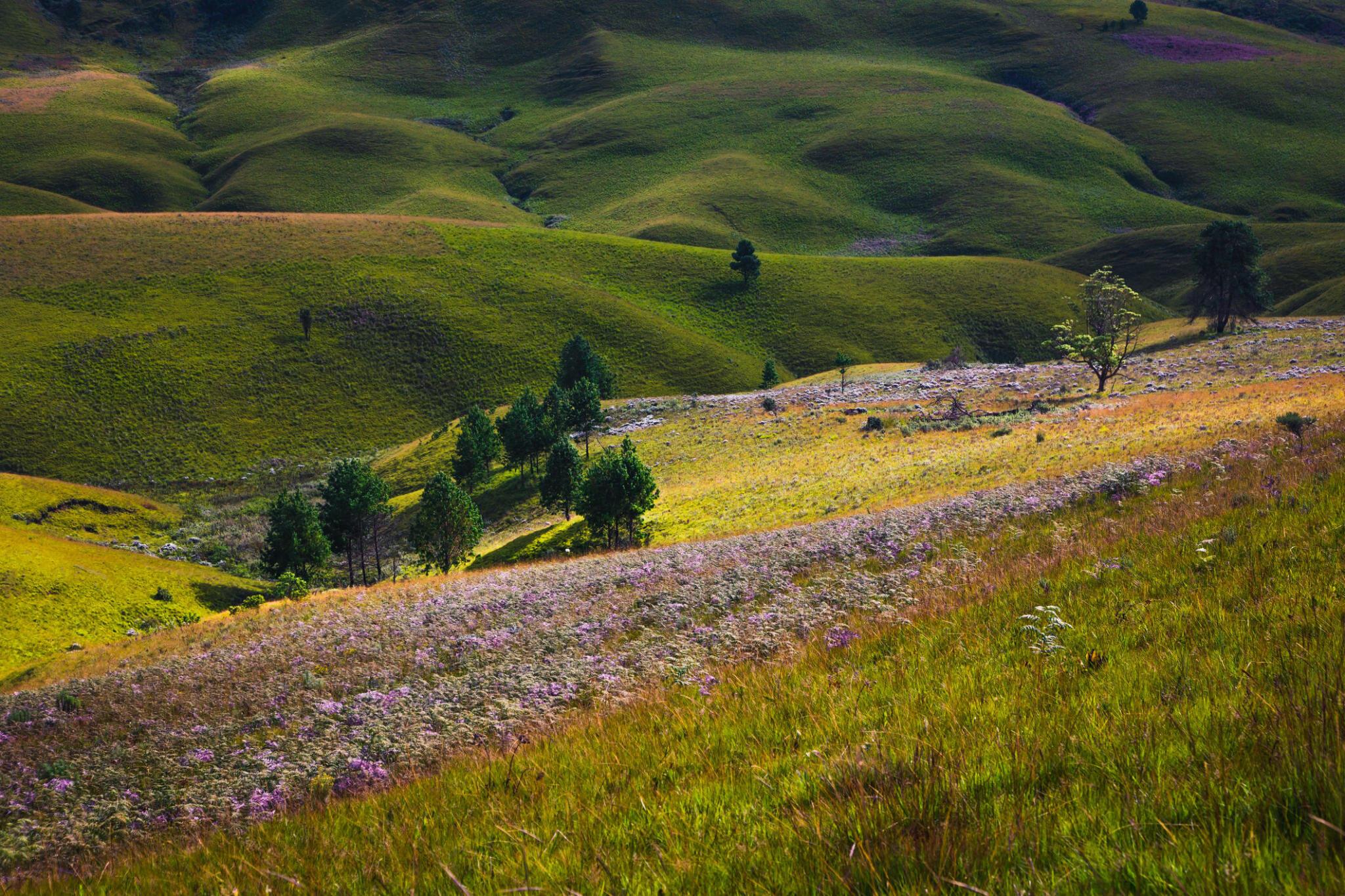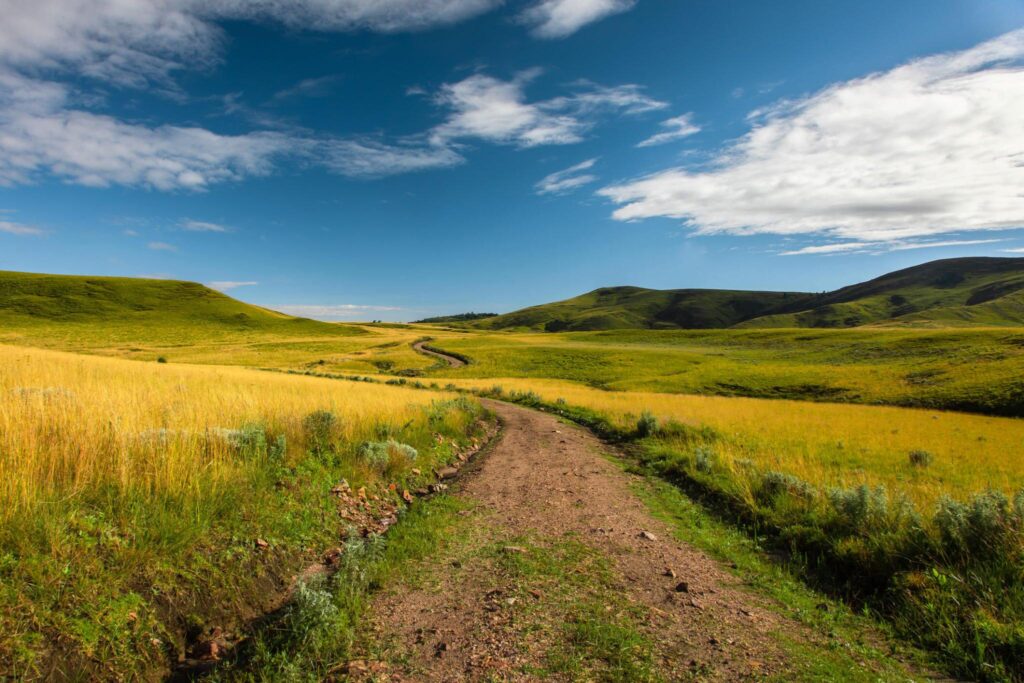
KITULO PARK: bUSTANI YA MUNGU
Kitulo National Park, also known as Hifadhi ya Taifa ya Kitulo in Swahili, is a captivating Tanzanian national park located in the southern highlands of Tanzania. Let’s explore the remarkable features of this unique sanctuary:
- Floral Wonderland:
- Known as the “Garden of God” (Bustani ya Mungu), Kitulo National Park is a botanical wonderland nestled at an elevation of 2,600 meters (8,500 feet) between the peaks of the Kipengere and Poroto mountains.
- The park covers an area of 412.9 square kilometers (159.4 square miles), lying in the Mbeya Region and Njombe Region.
- Flower Extravaganza:
- The Kitulo Plateau, with its montane grasslands, is home to 350 species of plants, including numerous ground orchids, geophytes, and other Afroalpine plants.
- During the wet season from November to April, the montane grasslands burst into a riotous display of flowers.
- Livingstone Forest:
- Descending the southwestward-facing slope of the park, the Livingstone forest is a montane evergreen forest.
- It is the largest block of forest in the park and the largest in the Kipengere Range.
- Thickets of bamboo (Yushania alpina) can be found between the upper montane forests and the high-altitude grasslands.
- Unique Wildlife:
- The Livingstone Forest is home to three limited-range species of mammals:
- The endangered Kipunji (Rungwecebus kipunji)
- The Rungwe dwarf galago (Galagoides sp. nov.)
- Abbott’s duiker (Cephalophus spadix)
- The Livingstone Forest is home to three limited-range species of mammals:
- Conservation Efforts:
- The park was established primarily to protect its flora.
- Locals and botanists alike refer to the Kitulo Plateau as the “Serengeti of Flowers”

